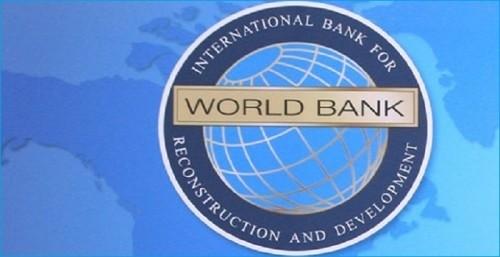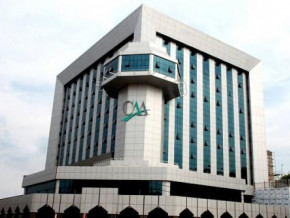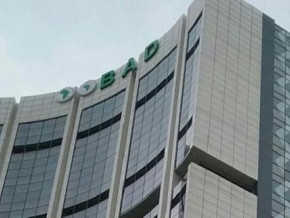
Cameroon eligible for IBRD financing

(Business in Cameroon) - In a recently published press release, the Cameroonian Minister of Economy, Emmanuel Nganou Djoumessi, announced that “following a meeting of the loan committee of the International Bank for Reconstruction and Development (IBRD), Cameroon has just been declared eligible for these resources” from this World Bank agency. According to the Cameroonian government member, the State’s eligibility for IBRD financing “confirms the solidity of its macro-economic foundation.”
In October 2013, during the general assemblies of the IMF and the World Bank (WB) in Washington D.C., Cameroon had expressed interest in receiving IBRD financing. Following this request by Cameroonian authorities, a World Bank mission by Véronique Kessler, Chief Economist at the WB, stayed in Cameroon in November 2013 to discuss the country’s IBRD financing eligibility.
This will be the second WB financing bureau to open its doors to Cameroon, following the IAD (the International Association for Development). The only difference is that IAD loans are granted at concessional rates (usually lower than 1%) while IBRD loans are non-concessional, but are also reimbursable over long periods.
In all its last reports on Cameroon’s economy, the International Monetary Fund (IMF) has chastised the numerous non-concessional rate loans in the State’s debt portfolio, with capital markets being used since late 2010. This debt at non-concessional rates will certainly become more burdensome with IBRD financing.
When reacting to the IMF’s remarks, the Cameroonian government has always explained its use of this type of financing over concessional loans from international financial institutions as an effort to gain control of its indebtedness and, especially, to have the flexible conditions that capital markets provide. In addition, Cameroon currently has a debt-GDP ratio of 18% while the CEMAC zone’s threshold is set at 70%. This demonstrates that Cameroon’s debt can be supported and gives the country a lot of room to take on additional debt.
Mags frontpage
- Most read 7 days
- shared 1 month
- read 1 month






























